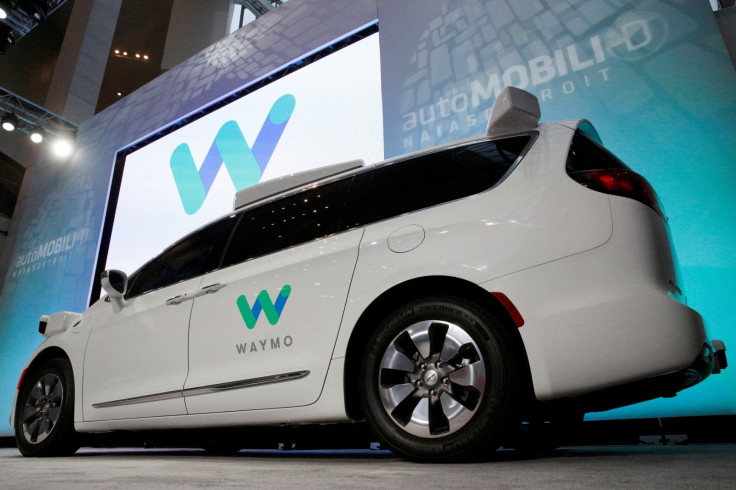Google Waymo launches self-driving 'Open Data Set' to further research
Waymo will provide its self-driving data to researchers to further work on the subject.
Google's self-driving arm, Waymo has chosen a new open-source manner to further self-driving research. It has launched an Open Data Set and is freely making it available to researchers so that they can work on improving self-driving.
The company has stated on its website, "The field of machine learning is changing rapidly. Waymo is in a unique position to contribute to the research community with one of the largest and most diverse autonomous driving datasets ever released."
Not only researchers, but even other companies and academics can access the data.
Waymo calls its data set one of the largest, richest and most diverse data sets on self-driving. It states that work in self-driving is currently hampered due to the lack of available data.
"We decided to contribute our part to make, ultimately, researchers in academia ask the right questions — and for that, they need the right data. And I think this will help everyone in the field; it is not an admission in any way that we have problems solving these issues. But there is always room for improvement in terms of efficiency, scalability, amount of labels to need. It's a developing field," Waymo's principal scientist and head of research, Drago Anguelov stated in a press briefing.
The open set will provide researchers with 1,000 segments of 20-second data collected by its autonomous vehicles on roads. It includes autonomous driving done across the U.S. during different time sets of the day. The data has been collected not just by the equipment mounted on Waymo's self-driving cars, but also from footage from five 360-degree cameras mounted on them. The data is fused together to label pedestrians, cyclists, signages and other important subjects.
However, the data is not totally free to use: if other companies use it, they will have to sign a licensing agreement with Waymo first. Obviously, they do not want competitors such as Uber, which is working on its own self-driving tech, to take advantage of the data.
While many companies, in the past, promised self-driving cars on the road by 2020, it seems implausible right now. The technological and more importantly, the legal aspect of self-driving has miles to go before a commercial launch.

© Copyright IBTimes 2025. All rights reserved.





















